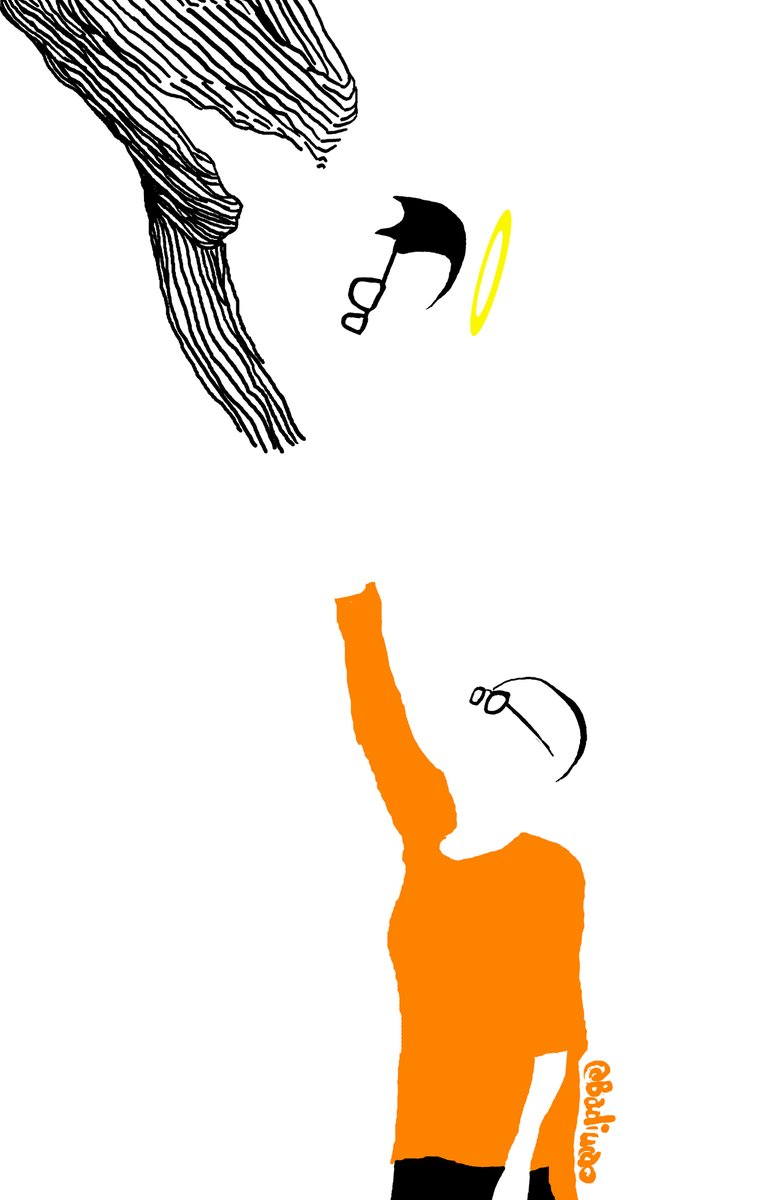Poet Liu Xia, wife of late Nobel laureate Liu Xiaobo, has not been seen in public since her husband’s burial at sea on July 15, 2017, except for a brief video appearance, and remains under very tight government surveillance at her home in Beijing. Friends and associates have grown increasingly concerned for her mental and physical well-being, as she is known to be in poor health with a history of depression. Catherine Lai reports for Hong Kong Free Press:
According to her friend, Beijing activist Hu Jia, Liu underwent uterine fibroid treatment around a month ago – the illness involves usually-benign muscular tumors that grow in the wall of the uterus.
“[Y]ou can imagine someone remaining in a closed, lonely home prison for a long time, and over the past two years, losing her father, mother, and her beloved husband – if someday we hear that she committed suicide, I would not be surprised at all,” Hu told US-backed Radio Free Asia on Sunday.
“Before when [I] went to find her, the words she used the most were despair, falling apart. She is only able to stabilise her mood with long-term dependence on medicine.”
[…] Hu said that she should be allowed to leave the country and go to Germany or the United States, as it was the only way for her to escape from her painful situation. [Source]
Radio Free Asia further reports:
A Chinese journalist who asked to remain anonymous told RFA on Saturday that Liu is basically confined to an apartment, where she reads books previously bought by Liu Xiaobo, alone.
“She is in the midst of huge emotional pain,” the journalist said. “When she was forced to leave Beijing [during the 19th party congress in October], Liu Xia said that she felt like she was being shoved around like a parcel.”
Earlier this month, dozens of writers and artists have called on Chinese president Xi Jinping to end all restrictions and surveillance imposed on Liu Xia, who was last seen in photographs on July 15 at the sea burial of her husband’s ashes, but has been incommunicado since then, with a security guard hanging around her Beijing home.
Rights groups say Liu Xia remains in a state of de facto incommunicado detention, cut off from the outside world and barred from making her own free decisions about where to go, or whom to associate with. [Source]
As the situation for Liu Xia and human rights activists in China worsens under President Xi, advocates have expressed disappointment that President Trump apparently failed to raise the issue during his meetings with Xi in Beijing earlier this month, choosing instead to focus on the release of three UCLA basketball players who had been detained for shoplifting. AP reports:
“The outlook for human rights is grim and we see no sign of improvement,” said Maya Wang, Human Rights Watch’s Hong Kong-based researcher, who describes the current repression as the worst since 1989’s bloody crackdown on pro-democracy protests centered on Beijing’s Tiananmen Square. “We feel we haven’t hit bottom yet.”
Wang and others point to the growing number of secret detentions and closed-door trials and the disregard for due process. Authorities are also increasingly willing to ignore health problems among political prisoners, who campaigners say already face solitary confinement or harsh conditions locked up with hardened criminals who dish out beatings and other abuse.
The United States under President Donald Trump doesn’t appear to be offering much support. Trump’s failure to raise human rights during his visit to Beijing last week “lent the Chinese government legitimacy when it is one of the worst human rights offenders,” Wang said. [Source]
Maybe you could have brought up cases like #LiuXia, who has been under house arrest merely for being the wife of Nobel Peace Prize winner #LiuXiaobo; or detained human rights lawyer #WangQuanzhang, who took free speech & freedom of religion cases. They would have appreciated it. https://t.co/mplI8SypjD
— William Nee (@williamnee) November 20, 2017
https://twitter.com/niubi/status/931876167933710336
https://twitter.com/jonlsullivan/status/932604918602530816
The New York Times profiles “some of the Chinese activists whose cases experts say Mr. Trump should have raised in Beijing,” including Liu Xia, Uyghur scholar Ilham Tohti, and rights lawyer Wang Quanzhang.
The three basketball players have since returned to the U.S. where they faced suspension from their team. While Trump took credit for their release, claiming they would have faced 5-10 years in Chinese prison–and then lashed out at them and their families for not showing sufficient gratitude–several observers noted that the president likely did not play a decisive role:
I know the Chinese tour guide for the shoplifting UCLA ball players. Says the players had already been bailed out by (Alibaba) the time Trump intervened; weren't going to jail anyway. #Ballgate pic.twitter.com/cINq7Y8GwF
— Patrick Lozada (@patrick_lozada) November 20, 2017
I was ambassador to China and I can testify that what you did was no biggie, they wouldn’t have been jailed for that. https://t.co/4QtbW1Y17T
— Jorge Guajardo (@jorge_guajardo) November 19, 2017
https://twitter.com/ChinaLawTransl8/status/932449987258064897








